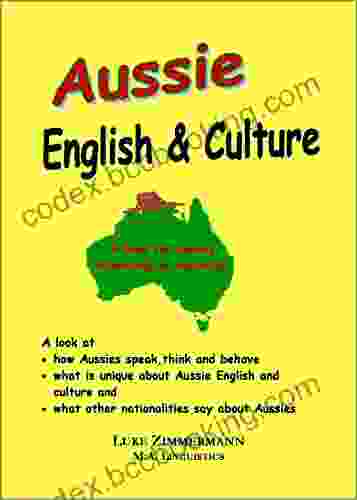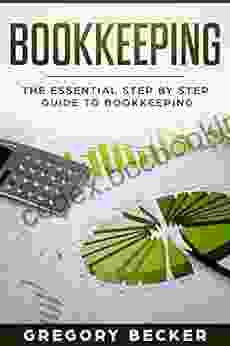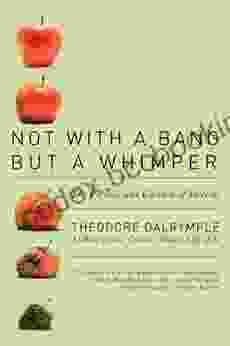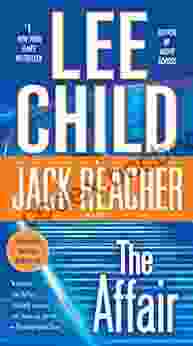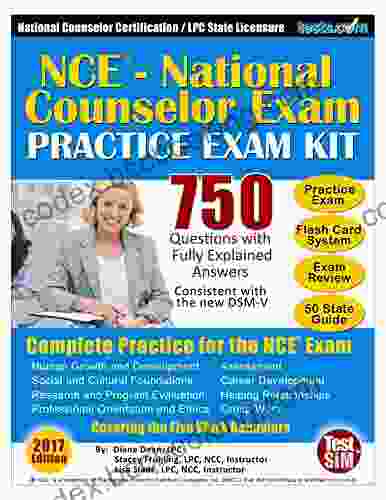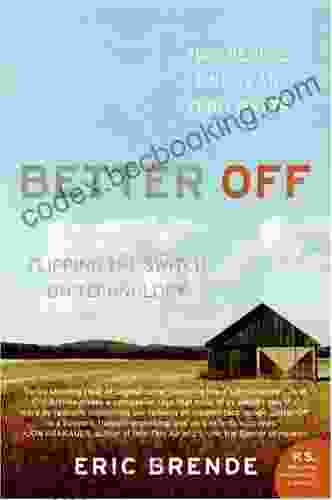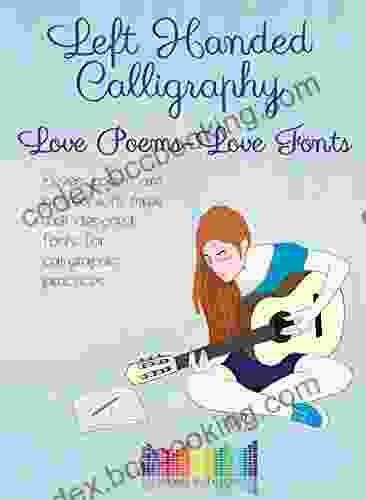Unveiling the Enigma of Australian English and Culture

: Exploring the Unique Mosaic
Australia, a continent steeped in both ancient Aboriginal heritage and a rich tapestry of immigrant influences, boasts a dynamic and distinct culture that is reflected in its language. Australian English is a fascinating blend of British English, Aboriginal languages, and unique slang, creating a vibrant and expressive mode of communication.
In this comprehensive guide, we embark on a journey to uncover the enigmatic world of Australian English and culture. We'll delve into its historical evolution, explore its distinctive features, and uncover the intricate cultural influences that have shaped its unique character. From its iconic colloquialisms and colorful slang to its deep respect for Aboriginal languages, we'll unravel the multifaceted nature of Australian communication.
4.2 out of 5
| Language | : | English |
| File size | : | 191 KB |
| Text-to-Speech | : | Enabled |
| Screen Reader | : | Supported |
| Enhanced typesetting | : | Enabled |
| Word Wise | : | Enabled |
| Print length | : | 51 pages |
| Lending | : | Enabled |
Chapter 1: The Genesis of Australian English: A Linguistic Odyssey
The origins of Australian English can be traced back to the arrival of British settlers in the late 18th century. The language of the colonizers gradually became the dominant form of communication, incorporating influences from the various waves of immigrants who arrived in the following decades.
One of the most significant influences on Australian English was the Aboriginal languages spoken by the indigenous inhabitants of the land. These languages contributed a wealth of words and phrases related to the Australian landscape, flora, and fauna, such as "boomerang," "kangaroo," and "wallaby."
Chapter 2: Distinctive Features: The Essence of Australian English
Australian English is characterized by a number of distinctive features that set it apart from other varieties of English. These include:
- Unique Pronunciation: Australians have a distinct accent that is often described as "broad" or "flat." This accent is characterized by a number of features, such as the use of a "short A" in words like "cat" and "hat," and the pronunciation of "e" as "i" in words like "friend" and "bed."
- Colloquialisms and Slang: Australian English is renowned for its colorful and expressive slang, which is often used to add humor or emphasis to speech. Some of the most iconic Australian slang terms include "barbie" (barbecue),"mate" (friend),and "fair dinkum" (honest).
- Australian Vocabulary: Australian English has a number of unique words and phrases that are not used in other varieties of English. These include words like "bush" (outback),"billabong" (waterhole),and "ute" (utility vehicle).
Chapter 3: Cultural Roots: Unraveling the Tapestry of Influence
The cultural influences that have shaped Australian English are as diverse as the nation itself. These influences include:
- Aboriginal Culture: Aboriginal languages have had a profound impact on Australian English, contributing a wealth of words and phrases related to the Australian landscape, flora, and fauna. The use of Aboriginal place names and cultural references is also common in Australian English.
- British Culture: As a former British colony, Australia has inherited many cultural and linguistic traditions from Britain. These influences can be seen in the use of formal English in certain contexts, as well as in the adoption of many British words and phrases.
- American Culture: In recent decades, American culture has had a significant impact on Australian English, particularly in the areas of popular culture, entertainment, and technology. The use of American slang and colloquialisms is now common in Australian speech.
Chapter 4: Communication in Australia: Bridging Cultures and Generations
Australian English is a vital means of communication in all aspects of Australian life, from everyday conversation to formal settings. However, there are some cultural nuances that visitors and newcomers to Australia should be aware of.
Australians are generally known for their friendly and informal communication style. It is common to use first names when addressing people, even in professional settings. Australians also tend to be quite direct in their speech, and may not always use the same level of politeness as in other cultures.
It is also important to be aware of the cultural significance of language in Australia. Aboriginal languages are spoken by many indigenous Australians, and are an important part of Australian cultural heritage. It is respectful to learn a few basic words and phrases in the Aboriginal language of the area you are visiting.
: Embracing the Australian Enigma
Australian English and culture are a fascinating and multifaceted tapestry, woven from a rich history of linguistic evolution and cultural influences. Its unique features, colloquialisms, and slang reflect the vibrant and diverse nature of Australian society.
Whether you are a visitor, a newcomer, or a lifelong resident, embracing the enigmatic world of Australian English and culture will enhance your understanding of this captivating nation. By delving into its linguistic nuances and cultural complexities, you will gain a deeper appreciation for the rich heritage and unique character that define the Australian identity.
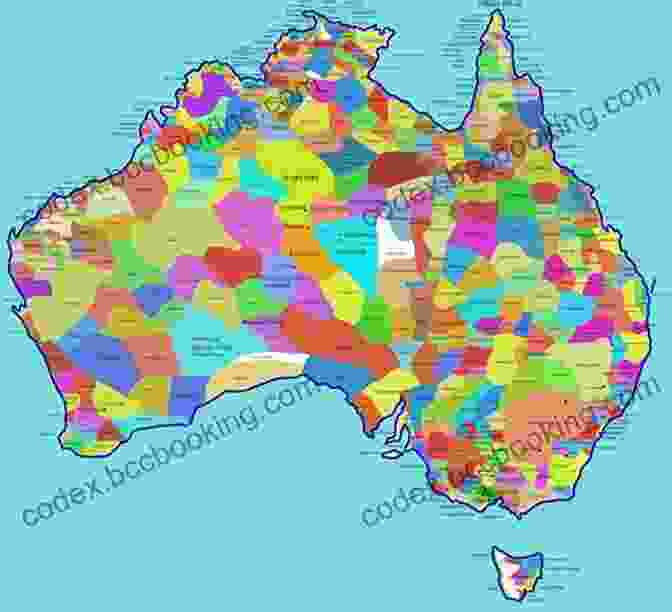
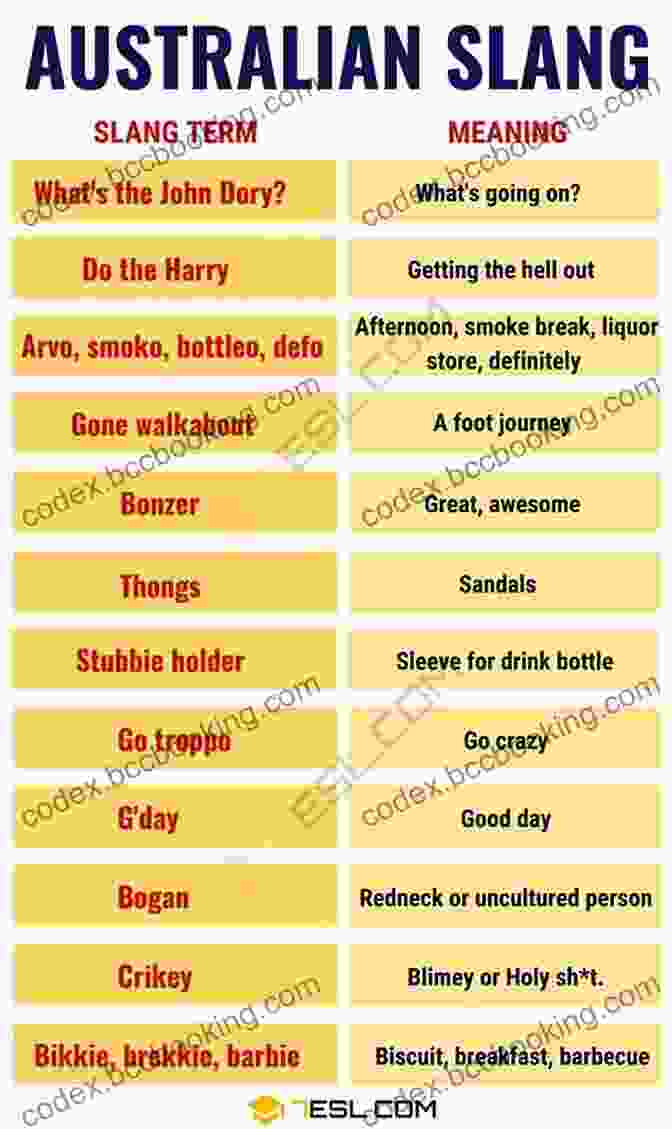
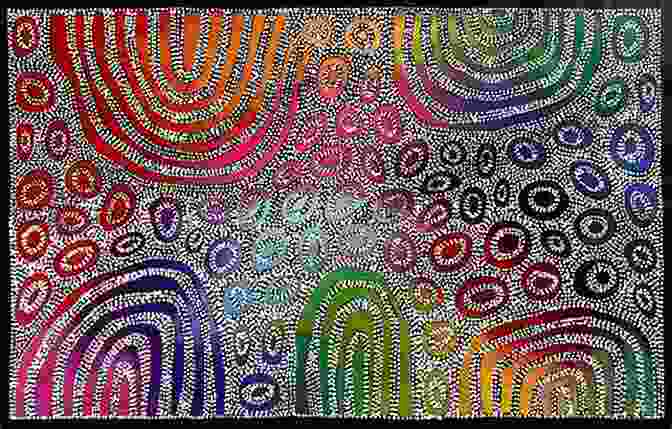
4.2 out of 5
| Language | : | English |
| File size | : | 191 KB |
| Text-to-Speech | : | Enabled |
| Screen Reader | : | Supported |
| Enhanced typesetting | : | Enabled |
| Word Wise | : | Enabled |
| Print length | : | 51 pages |
| Lending | : | Enabled |
Do you want to contribute by writing guest posts on this blog?
Please contact us and send us a resume of previous articles that you have written.
 Book
Book Novel
Novel Page
Page Chapter
Chapter Text
Text Story
Story Genre
Genre Reader
Reader Library
Library Paperback
Paperback E-book
E-book Magazine
Magazine Newspaper
Newspaper Paragraph
Paragraph Sentence
Sentence Bookmark
Bookmark Shelf
Shelf Glossary
Glossary Bibliography
Bibliography Foreword
Foreword Preface
Preface Synopsis
Synopsis Annotation
Annotation Footnote
Footnote Manuscript
Manuscript Scroll
Scroll Codex
Codex Tome
Tome Bestseller
Bestseller Classics
Classics Library card
Library card Narrative
Narrative Biography
Biography Autobiography
Autobiography Memoir
Memoir Reference
Reference Encyclopedia
Encyclopedia Harald Bathelt
Harald Bathelt Margaret Macmillan
Margaret Macmillan Eric A Weiss Md
Eric A Weiss Md Enrico Massetti
Enrico Massetti Ruth Manning Sanders
Ruth Manning Sanders Pritibhushan Sinha
Pritibhushan Sinha Tiffany Trotter
Tiffany Trotter Nina Wolff Feld
Nina Wolff Feld Kenroy Mulraine
Kenroy Mulraine Emily Easton
Emily Easton Tantum Collins
Tantum Collins Nicholas Ryder
Nicholas Ryder Jim Cheney
Jim Cheney Elon Gaezos
Elon Gaezos Olivia Kerr
Olivia Kerr Emilie Wapnick
Emilie Wapnick James Chapman
James Chapman Mike Roberts
Mike Roberts Emily Lammers
Emily Lammers Rodney Riesel
Rodney Riesel
Light bulbAdvertise smarter! Our strategic ad space ensures maximum exposure. Reserve your spot today!
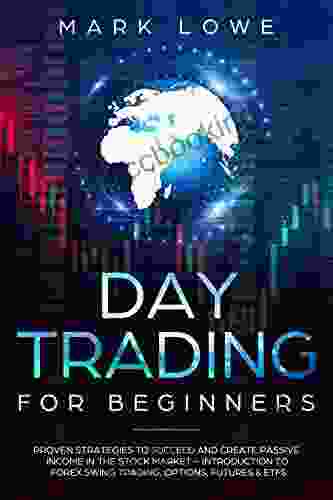
 Ricky BellFor Beginners: Proven Strategies to Succeed and Create Passive Income in the...
Ricky BellFor Beginners: Proven Strategies to Succeed and Create Passive Income in the... Danny SimmonsFollow ·10k
Danny SimmonsFollow ·10k David PetersonFollow ·10.6k
David PetersonFollow ·10.6k Xavier BellFollow ·7k
Xavier BellFollow ·7k Junot DíazFollow ·9.8k
Junot DíazFollow ·9.8k Melvin BlairFollow ·15.3k
Melvin BlairFollow ·15.3k Angelo WardFollow ·15.8k
Angelo WardFollow ·15.8k Darius CoxFollow ·14.4k
Darius CoxFollow ·14.4k Ethan MitchellFollow ·12.3k
Ethan MitchellFollow ·12.3k
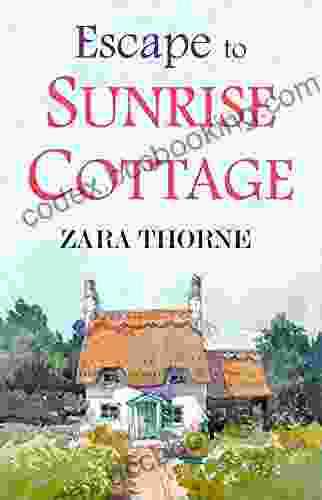
 Isaias Blair
Isaias BlairEscape to Sunrise Cottage: A Captivating Read You Won't...
Are you ready for a...
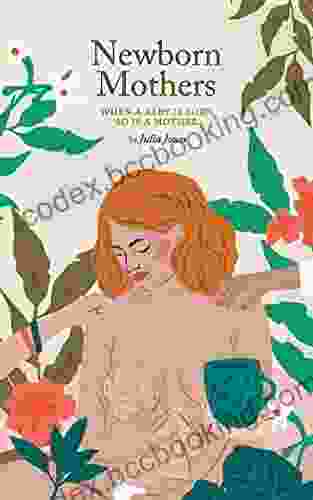
 Bradley Dixon
Bradley DixonWhen Baby Is Born, So Is Mother: A Comprehensive Guide to...
Giving birth is a...
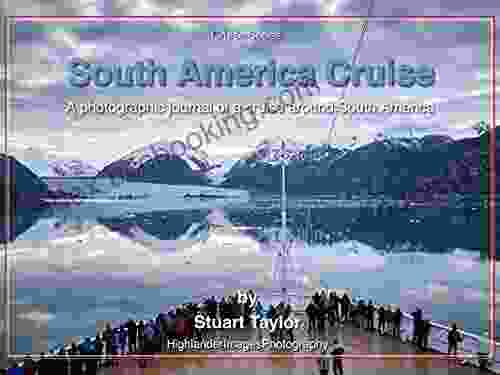
 Mario Simmons
Mario SimmonsPhotographic Journal of Cruise Around South America: A...
Embark on an Extraordinary Expedition ...
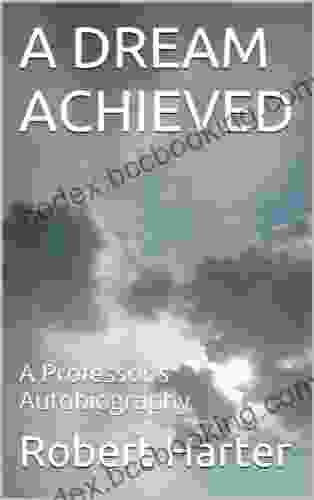
 Langston Hughes
Langston HughesDream Achieved: Unlocking the Power Within to Make Your...
In the tapestry...
4.2 out of 5
| Language | : | English |
| File size | : | 191 KB |
| Text-to-Speech | : | Enabled |
| Screen Reader | : | Supported |
| Enhanced typesetting | : | Enabled |
| Word Wise | : | Enabled |
| Print length | : | 51 pages |
| Lending | : | Enabled |


